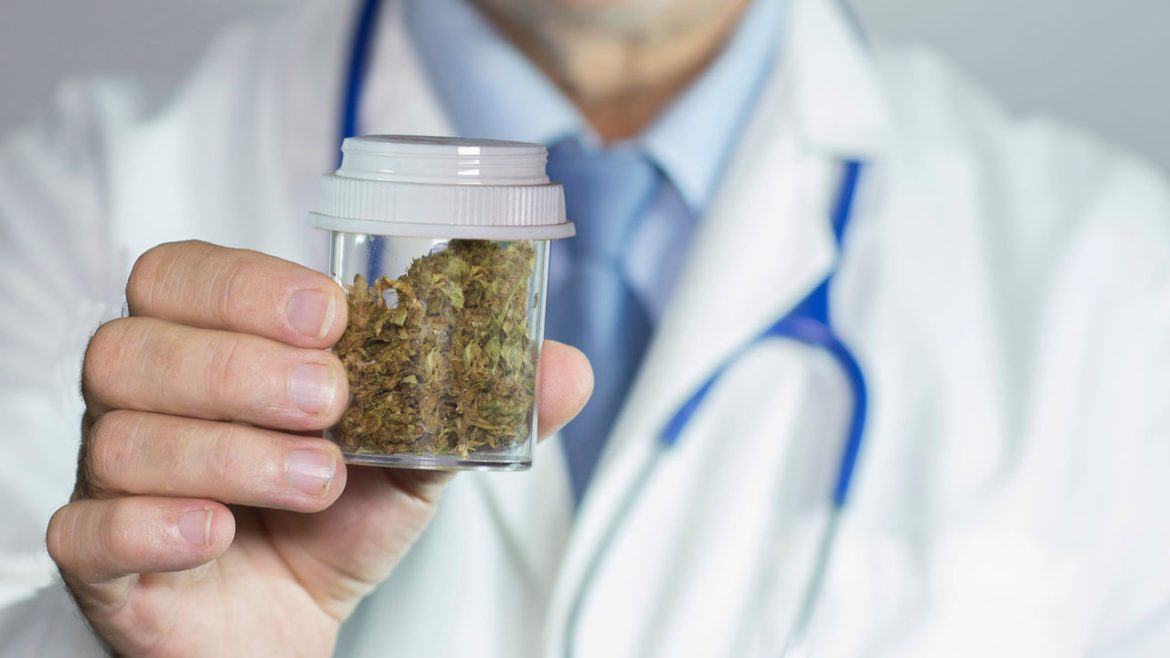Costa Rica has long been known for its breathtaking landscapes, environmental conservation efforts, and high-quality healthcare system. Now, the country is making headlines for another bold move—the introduction of medical cannabis regulations that will pave the way for the production, commercialization, and controlled distribution of cannabis-based treatments.
The Ministry of Health officially announced last week that it is implementing new regulations that will allow the legal production and sale of medicinal cannabis products in the country. While the process is still awaiting final approval from President Rodrigo Chaves Robles, this regulation marks a major shift in Costa Rica’s approach to healthcare, industry, and alternative medicine.
But before anyone assumes Costa Rica is heading toward full legalization, let’s set the record straight—this is not a free-for-all. These cannabis-based products will only be available in pharmacies with a medical prescription, and companies looking to enter the burgeoning market will have to meet a series of strict regulatory requirements.
Let’s break down what this means for patients, businesses, and the Costa Rican economy—and, of course, how this new regulation aligns with global trends in medical cannabis.
A Step Toward Alternative Medicine—But With Strict Oversight
The Ministry of Health was clear: the primary objective of this regulation is to expand healthcare options for patients while ensuring strict control over the production, sale, and use of cannabis-based treatments.
What Does the Regulation Include?





To put it simply, this is not recreational legalization. Costa Rica’s government is focused on the medical benefits of cannabis while ensuring that its commercialization remains highly regulated.
How Will Medical Cannabis Be Sold in Costa Rica?
For those hoping to walk into a pharmacy and pick up cannabis oil like a bottle of aspirin, think again. Under the new regulations:



What About Companies Wanting to Sell Cannabis-Based Products?
Costa Rican businesses that want to enter the medical cannabis market will have to go through a rigorous approval process. The Ministry of Health will evaluate each application based on legal and technical criteria, ensuring that companies comply with strict production standards.
Only after meeting these requirements will a business receive authorization to sell cannabis-based treatments. This level of regulation is meant to protect consumers while allowing the industry to grow responsibly.
The Government’s Perspective: Economic and Scientific Benefits
In its official announcement, the Ministry of Health emphasized that this is not just about healthcare—it’s also about economic growth and industrial innovation.
Costa Rica’s government has recognized the global rise of the cannabis industry, which is projected to be worth billions of dollars in the coming years. By establishing clear regulations now, Costa Rica hopes to position itself as a leader in Latin America for medical cannabis research and production.
Key Benefits of Medical Cannabis Regulation:




The Ministry’s statement made it clear: this regulation is a win-win for both healthcare and economic development. By allowing legal, regulated cannabis production, Costa Rica is opening the door to a new market while maintaining strict oversight.
The International Context: Costa Rica Joins the Global Cannabis Movement
Costa Rica is not alone in recognizing the benefits of medical cannabis. In fact, this move puts the country in line with global trends in alternative medicine and cannabis regulation.
Other Countries Leading the Way in Medical Cannabis:





By joining the list of nations with legal medical cannabis regulations, Costa Rica is signaling its intent to compete in the global market while ensuring that its policies prioritize responsible use.
What’s Next? Final Approval and Implementation
Although the regulation has been announced, it is still awaiting final approval. Before it becomes official law, it must be signed by President Rodrigo Chaves Robles.
What to Expect in the Coming Months:




The government has not yet provided an exact timeline, but industry experts expect the full implementation of the program by late 2025.
A Step in the Right Direction?
Costa Rica’s move to regulate medical cannabis is a logical step forward for a country already known for its progressive healthcare system and commitment to innovation.
While some skeptics may raise concerns about cannabis legalization leading to broader drug issues, the government’s strict regulations suggest that this is not the case. Instead, Costa Rica is:



This regulation is not about recreational use—it’s about providing safe, controlled access to cannabis-based medicine for those who need it.
As Costa Rica finalizes this law, it will be worth watching how the medical cannabis industry develops and whether other Latin American nations follow suit.
For now, Costa Rica is making it clear: medicine, industry, and science can coexist under the right regulations.

